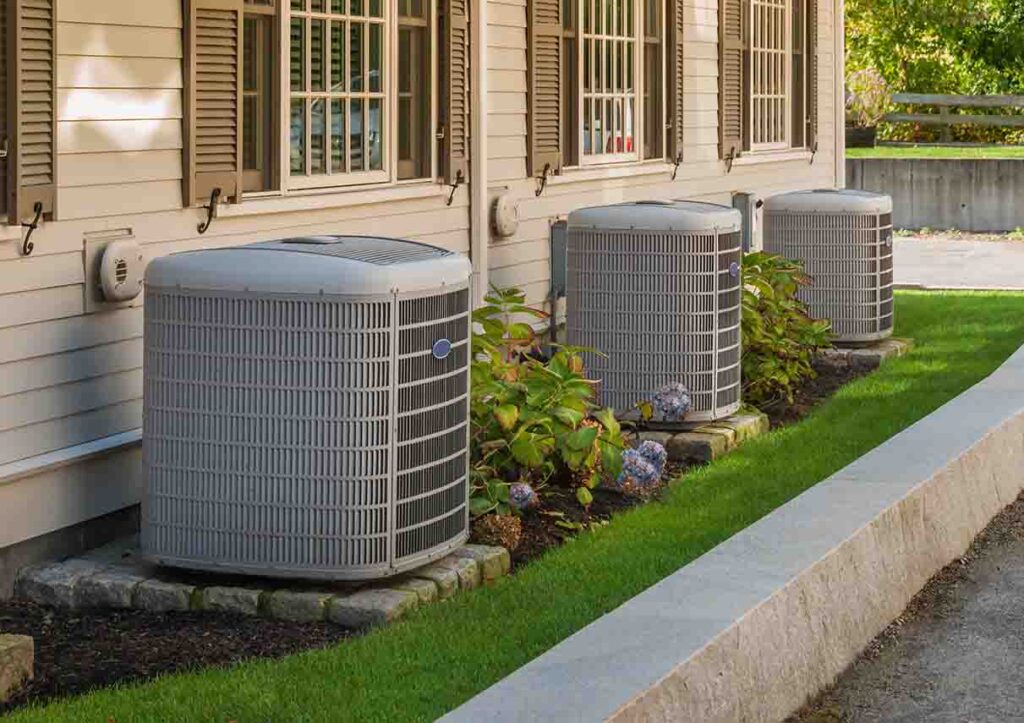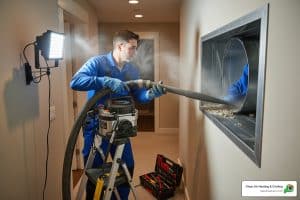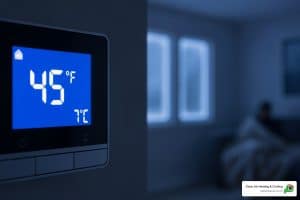Heating, ventilation, and air conditioning (HVAC) systems are becoming increasingly popular as the cost to install them continues to fall and their benefits become increasingly apparent. HVAC systems provide a more efficient way of controlling indoor temperatures than traditional air conditioning units, while also providing improved air quality throughout your home or office. In this post, we’ll explore the differences between HVAC and AC systems, the benefits of each system, and which is best for you depending on your needs. Let’s get started so you can cool down quicker!
How Does HVAC Work?
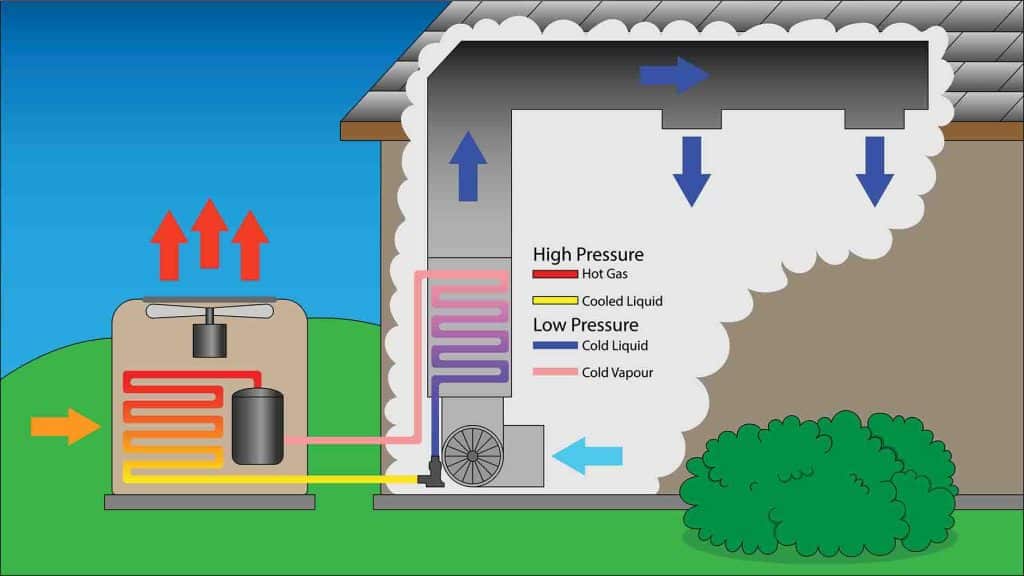
Based on the name, most people know that HVAC systems do more than just cool down a room or building, but few know the difference between HVAC and basic air conditioning. The biggest differences can be found simply in the name. The last two letters of HVAC represent “air conditioning” or “AC.” This is the same AC that many people refer to as a unit that cools their house in hot weather, meaning that AC is always part of HVAC, but not all AC units are part of HVAC systems. To really understand the difference, we need to look at how HVAC works.
The goal of HVAC systems is to provide complete air quality and temperature control. This means giving the homeowner control over heating, cooling, moisture, and particulates found in the air. By doing this, HVAC systems are able to create a completely customized and comfortable environment for your home, rather than simply cooling down the air when it’s too hot outside. You can check out this article on HVAC systems for more information, but the basics are as follows:
- Furnaces generate heat from a fuel source (gas, oil, or electricity).
- AC condensers bring in air from the outside, which is then cooled by refrigerant lines.
- Heat pumps transfer hot air from inside to the outdoor unit to cool the space.
- Ventilation systems discharge excessive heat and circulate the conditioned air.
- Air filters remove particulates and moisture from the air before it is conditioned.
- Thermostats send signals that trigger the appropriate components to keep your home at the desired temperature.
How Does AC Work?
Air conditioning units, as mentioned above, are one component of an HVAC system, but they are often used as standalone units. While they do not have the convenience and benefits of an all-in-one HVAC system, AC units are very useful if you just want to cool your home. AC units work by drawing in air from the outside, cooling it down with refrigerant lines, then circulating it back into the home.
The big metal or plastic unit you see on the exterior of a building is called the condenser, and it is the part of the AC unit that draws in the hot air from outside in order to cool it down and circulate it through the home. This is accomplished by liquid refrigerant absorbing hot air and entering the evaporator coils to create cool air. Excess heat in the refrigerant is expelled back to the outdoor unit to keep the temperatures down. That cool air is then pushed through the ducts of a building with a large fan until the desired temperature on the thermostat is reached. This is one way HVAC systems cool your home, but HVAC may also use heat pumps that pump out the hot air from a space, which a basic AC unit does not do.
Types Of AC
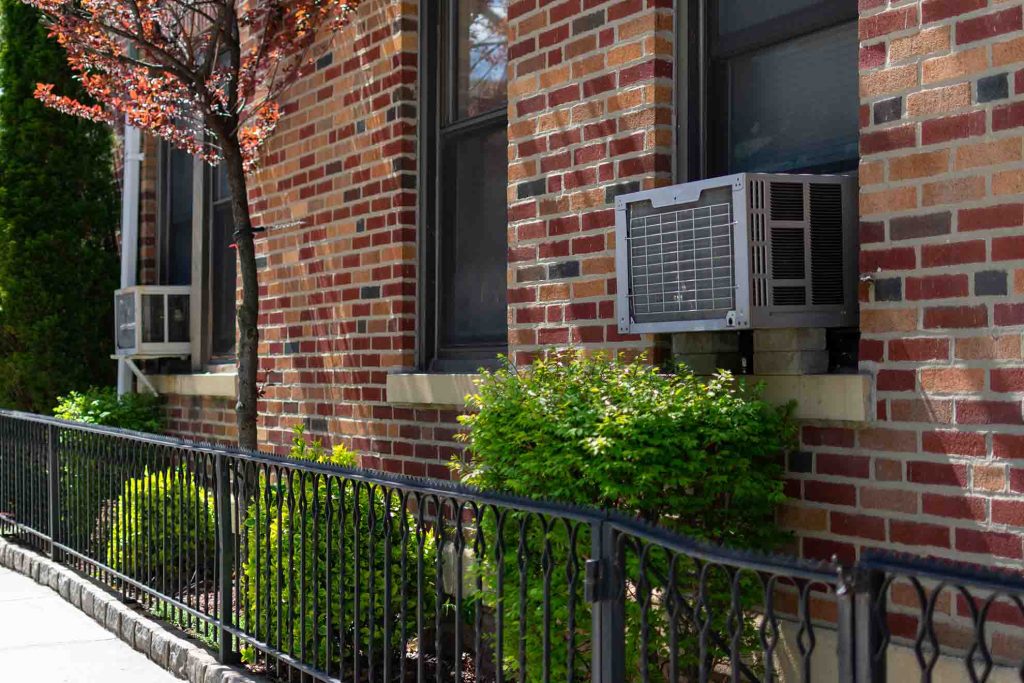
There are many different types of AC units available on the market today. Getting into the specific types of AC allows us to realize some situations where people may prefer a simple air conditioning unit. Again, nothing compares to the comprehensive control you get from a full HVAC system, but below are some of the most common types of AC units and why some people enjoy them:
- Central Air: These are the types of units with the large outdoor condensers that draw in hot air and cool it down to be pumped through the ductwork. These units allow an entire home or building to be cooled and controlled by a single unit.
- Window Units: A square, somewhat portable unit can be placed directly in the window of a room. That small unit will take in hot air and blow out cool air by the same aforementioned process, but it will not be strong enough to cool an entire building and does not pump through ductwork. However, many people in studio apartments or smaller spaces find them very effective.
- Portable Units: Some air conditioners can simply be placed on the floor of a room and use the hot air in that room to produce cool air. These lightweight, portable units suck in the hot air and cool it down while expelling the excess hot air with a tube that gets placed in the window. These are the cheapest and most easy-to-use units, but they will be the least effective form of AC.
- Mini-Splits: HVAC systems often include mini-splits, but they can be used purely as AC systems also. Mini-split systems utilize direct lines that run from a condenser to an air handler in a room. These are great options for homes without existing ductwork, and they also allow for air control in individual rooms because the air handlers in each room can modify the temperature.
Benefits Of HVAC vs. AC
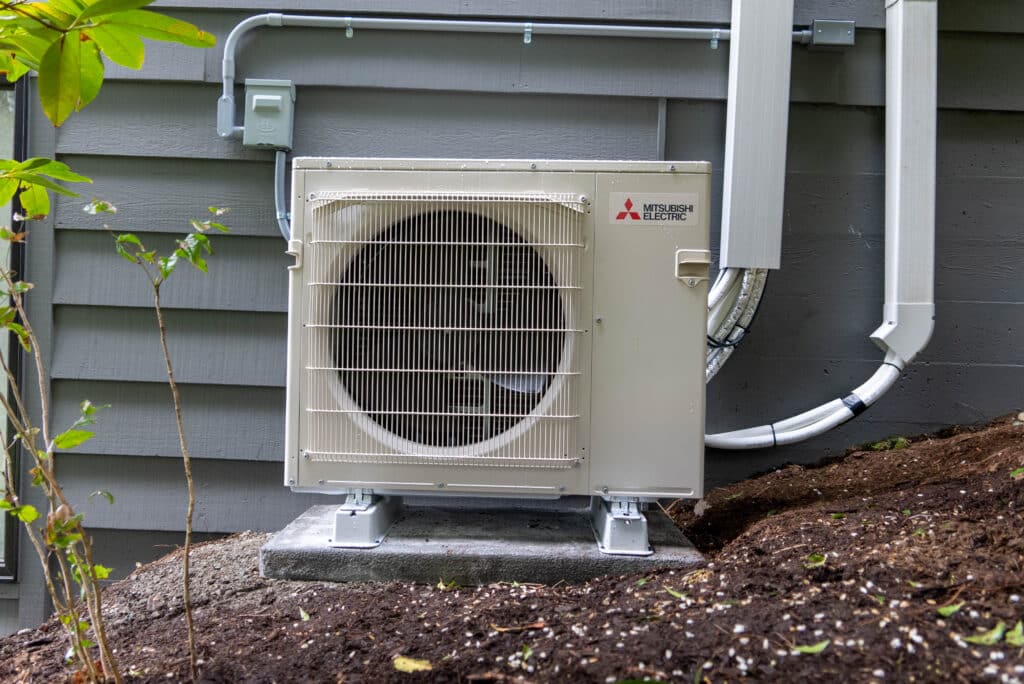
HVAC systems offer many more benefits than a basic AC unit. First, HVAC systems are much more efficient in cooling and heating your home compared to an AC unit, as they are designed to utilize the best of both worlds and minimize wasted air for year-round temperature control. This not only means lower energy bills, but also a higher level of air quality and comfort that no standalone AC system can provide.
HVAC systems are often far less expensive than people might think. Many people believe that installing a full HVAC system is too costly or difficult, but having one system take care of all your needs instead of several individual ones can save you money in the long run. This centralized system is also easier to maintain than separate AC and furnace units because HVAC components are all connected, making issues easier to detect.
- AC Is The Right Fit For Some! Don’t get us wrong… standalone AC units have their place! If you live in a hot climate or just want a single room/smaller space cooled down occasionally, the different types of AC units available can be very convenient!
Which Is Right For You?
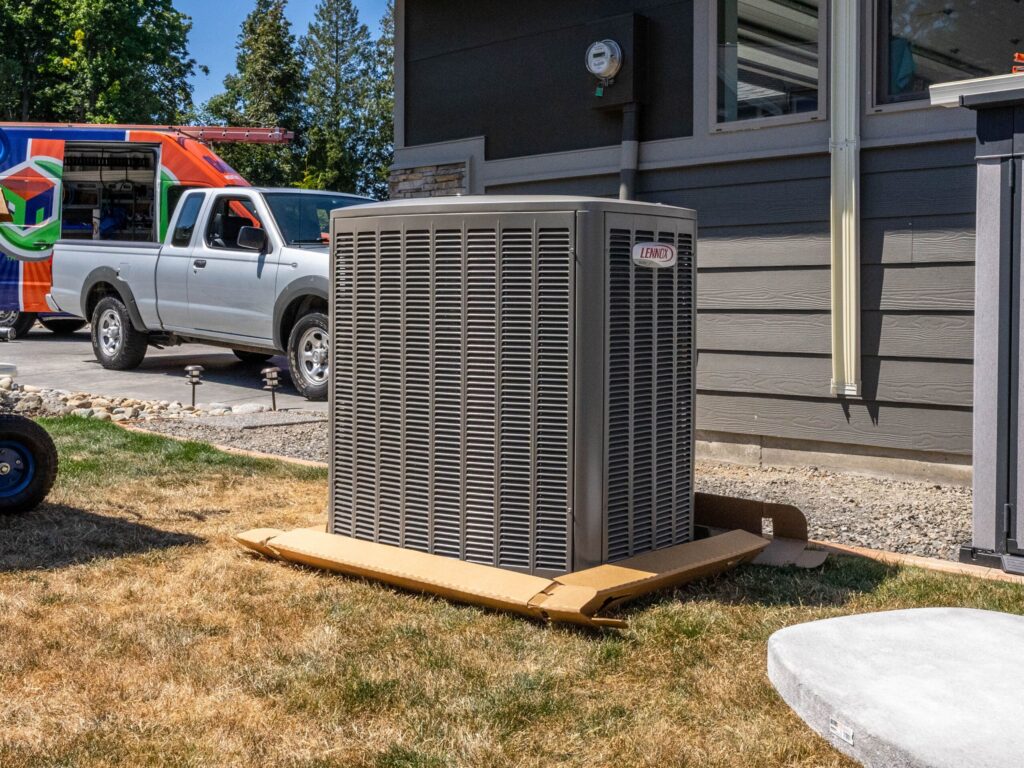
At the end of the day, it all comes down to what best fits your needs. If you have a small apartment or studio space where only one room needs cooling, a basic window or portable unit may be perfect for you. However, if you have an entire home with multiple rooms, a full HVAC system will be the most beneficial for comfort and cost savings. After all, your family’s comfort should always come first, so call Clean Air today for all your HVAC and AC installation needs in the Bellingham, WA area!

